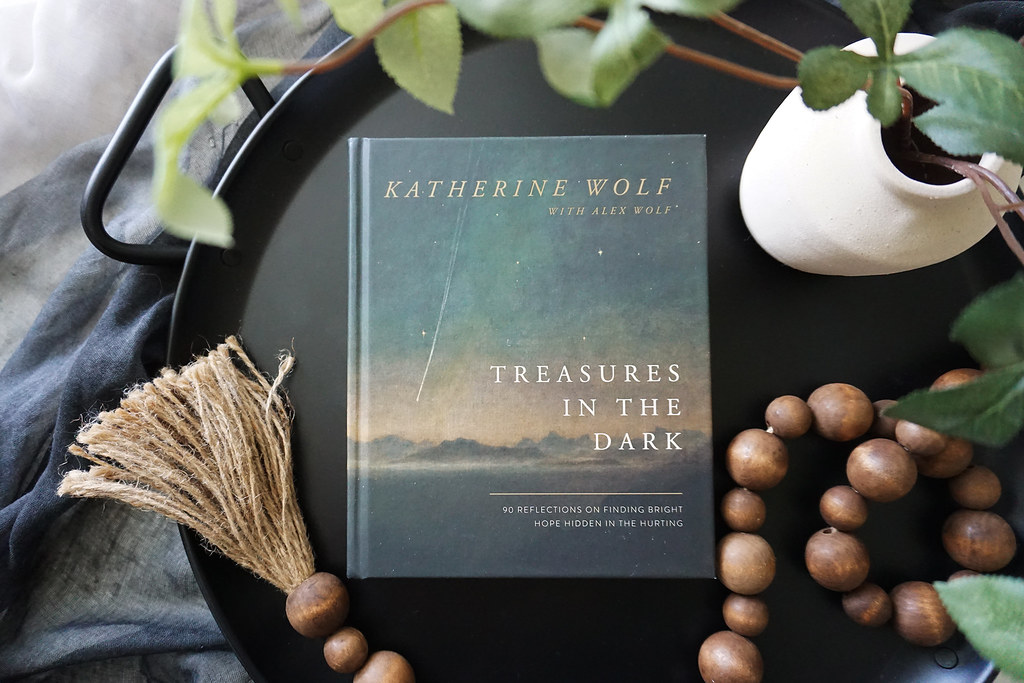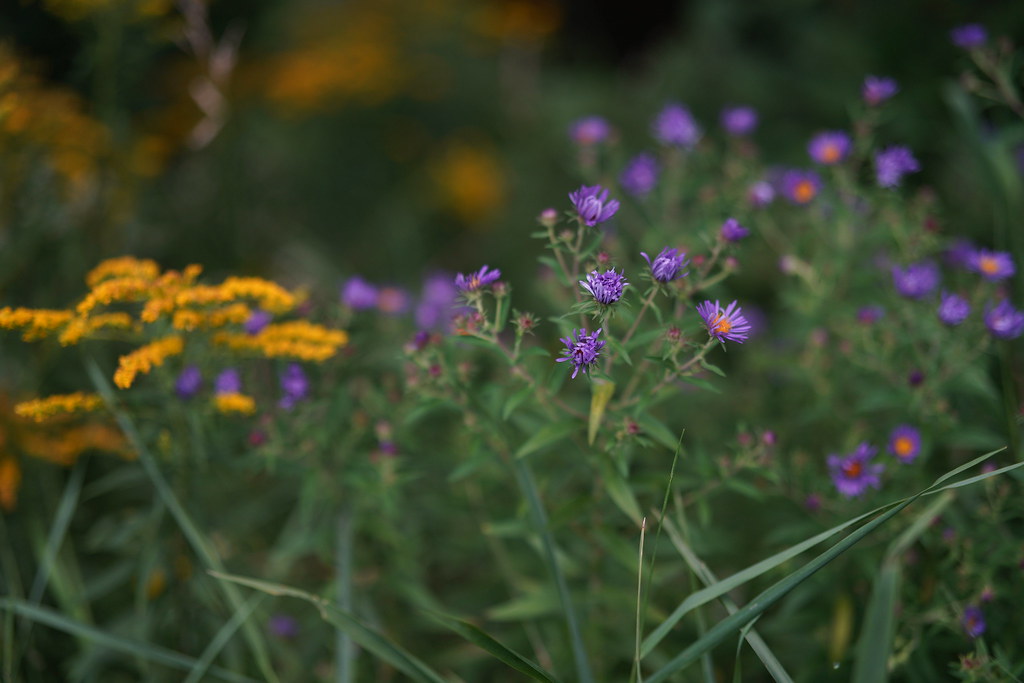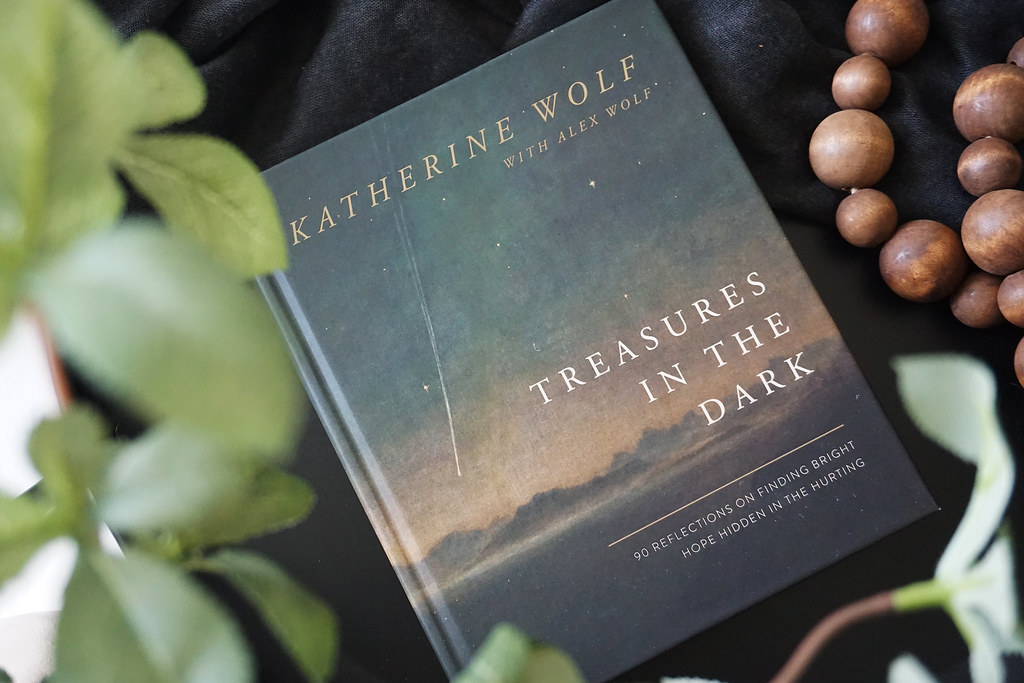Weeks after her twenty-sixth birthday, Katherine Wolf suffered a catastrophic brainstem stroke that should have killed her. But she survived, although her life, her body, and her soul would never be the same. Today, she and her husband Jay are using their second-chance lives to find treasures hidden in the darkness of their pain, and inviting others to do the same. As an advocate, speaker, author, and mother navigating the world with both significant disabilities and significant joy, Katherine is the living, breathing embodiment of fully embracing a good/hard life. It’s an absolute joy to welcome Katherine to the farm’s table today…
Guest Post by Katherine Wolf
I spent my first Mother’s Day totally unaware that it was Mother’s Day.
My stroke had occurred three weeks before, and I had become a mom just six months before that. My battered, foggy brain guaranteed I never would recover even a flicker of a memory from that day of my life, although a single photo was snapped. I’m pictured in the foreground—eyes closed, swollen head tilted back on my hospital pillow, and monitoring wires sprouting from my half-shaved scalp.
At my bedside, Jay is holding a deliciously chunky baby James, who wears a onesie with the word Mom across the front. Even though I appear unconscious, my left hand is wrapped around James’s little thigh.








Losing my ability and access to parent my infant son was, hands down, the most excruciating part of suffering a massive stroke.
When I was still living in hospitals, family members would bring James to see me. But when nap time came or visiting hours ended, he would be taken away to a house that wasn’t mine to be cared for by someone who wasn’t me.
When I was healthy enough to move into a house with Jay and James, my gait and coordination still lacked enough stability to allow me to safely care for James. I remember sobbing in my bed as I listened to James cry in his crib because I knew I could not walk into his room and hold him in my arms like most mothers could.
The grief—and guilt—were unbearable. I had never known a spiritual famine as miserable as this one.
“I had never known a spiritual famine as miserable as this one.”
The first and second chapters of the book of Joel present a pretty grim—but scarily accurate—picture of what spiritual famine feels like in our lives. The prophet called those seasons “the years the locusts have eaten” (2:25). And old Joel didn’t spare a colorful detail when it came to just how dry and dreadful those days of famine were for the Israelites. Food was scarce, the land was parched, and foreign armies threatened in every direction. Joel even said joy was “ just a memory” (1:16 MSG). I mean, yikes. Does this sound kind of like the famine you’ve been through, or is it just me?
Then Joel told us the Israelites finally turned toward God in the midst of their suffering. They cried out to Him. They expressed their longing for restoration. And He delivered. He delivered so fully that no one could argue that God was anywhere but “in the thick of life with Israel” (2:27 MSG).
Dear one, I think what was true for the Israelites millennia ago is true for you and me too. God is waiting for us to turn toward Him, to trust Him with our dreams of healing and wholeness. He wants to show us that He’s not just interested in survival; He’s interested in life-to-the-thickest restoration.
We saved that Mom onesie from my first Mother’s Day photo, even though the idea of having another child seemed impossible (even delusional) at the time. I couldn’t care for the one I had, after all. But something compelled us to pack the little outfit away. Somewhere deep, deep, deep in my heart, I held on to the flicker of a dream and the whisper of a prayer that I might have another child. That the years the locusts ate might just be restored. That God might be good for His word.
“I nurtured a vision of what restoration might look like in my life.”
For a long time I didn’t even dare put out-loud words around the particular hope of second-chance motherhood. But I nurtured a vision of what restoration might look like in my life. One day, I got the courage to share that vision with God.
Beloved, I know that the locusts have eaten away at the fullness of your life. You have starved. You know what famine feels like. But tell me this: What would restoration look like for you?
Be specific. Offer God your detailed dreams of wholeness.






Of course, there’s no magic in expressing these dreams to God. But there must be meaning in it, because He asks us to do it. In my life, restoration hasn’t been granted like a wish. It’s come in God’s timing and in God’s ways, not mine.
If I’m being honest, it felt like He took His sweet time making it happen. But after eight long years, Jay would dig out that onesie and snap another Mother’s Day photo, this time of my poststroke baby, John, wearing it on his first Mother’s Day.
In that moment the restoration was as thick as a baby’s thighs. Take that, locusts.
“In my life, restoration hasn’t been granted like a wish. It’s come in God’s timing and in God’s ways, not mine.”
For the record, my second-chance parenthood has been anything but simple or easy. The euphoric thrill of mothering my two boys was often brought back down to earth during a cross-country flight with an inconsolable toddler or some angst from our hormonal teen. I have yet to master any Zen-like tranquility or twinkle-in-my- eye gratitude as the family melts down every Thursday after school like clockwork. But, hey, nobody claimed restoration has to be perfect.
So much has been restored in my life, and truthfully I’m still waiting on some more.
But this time I’m letting God in on the longing so that I’m not alone for the wait.

Katherine Wolf is a survivor and advocate who leverages her redemptive story to encourage those with broken bodies, broken brains, and broken hearts. She and her husband are creating sacred spaces for families affected by disabilities through their ministry at Hope Heals, Hope Heals Camp, and Mend Coffee & Goods.
Katherine’s newest book Treasures in the Dark: 90 Reflections on Finding Bright Hope Hidden in the Hurting empathetically guides readers in reframing their darkness as a sacred space in which the light of hope can shine most brilliantly.
With her vibrant faith and unique perspective on life as a stroke survivor and person living with significant disabilities, Katherine will inspire, encourage, and strengthen tender and hurting hearts.
{ Our humble thanks to W Publishing for their partnership in today’s devotional.}







